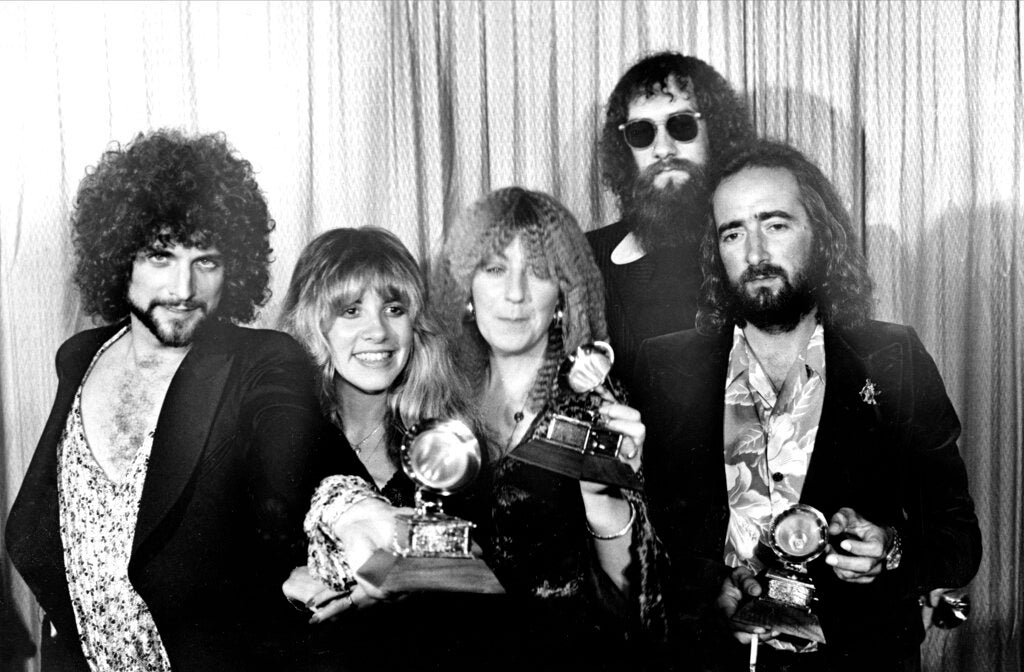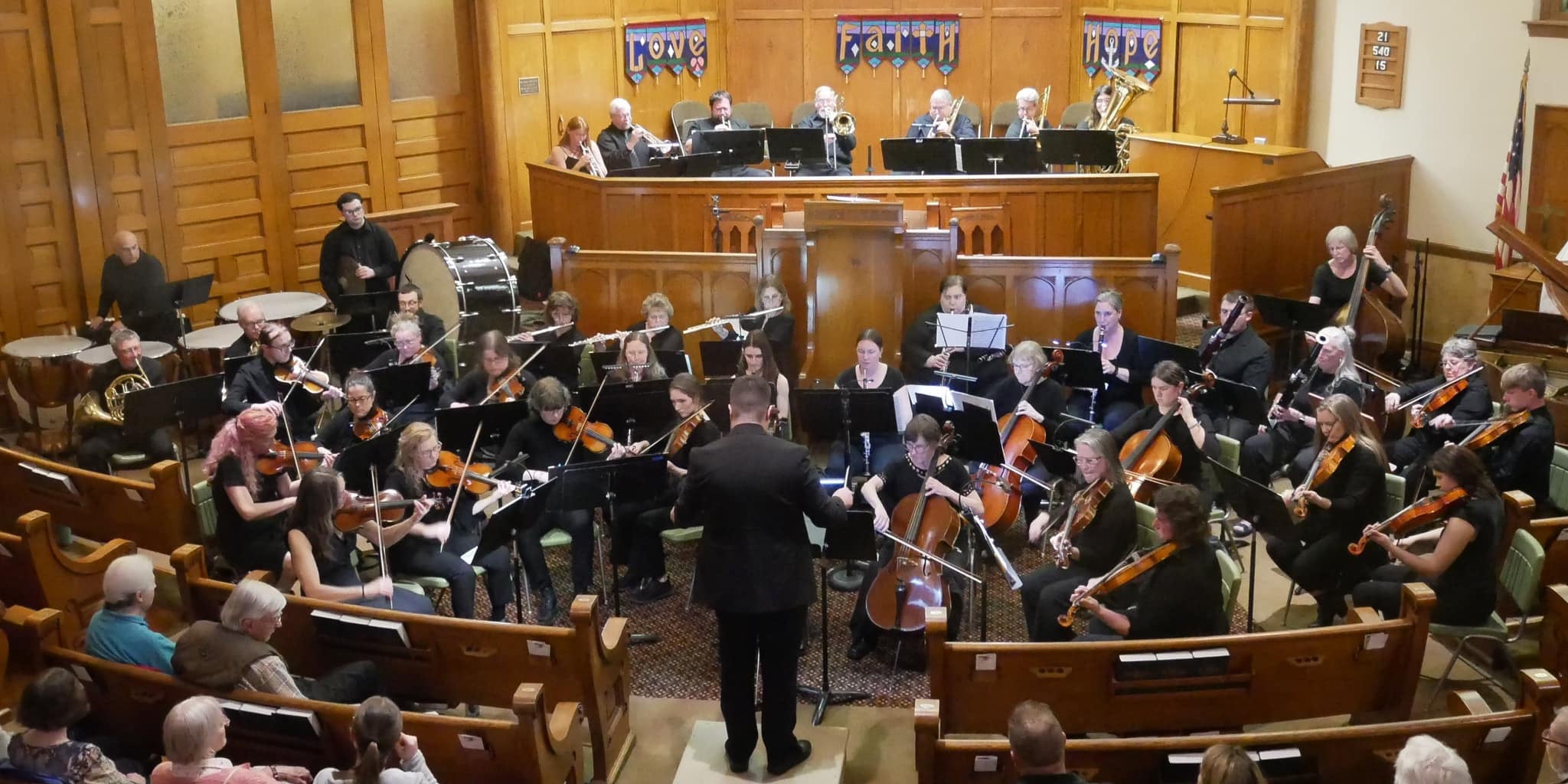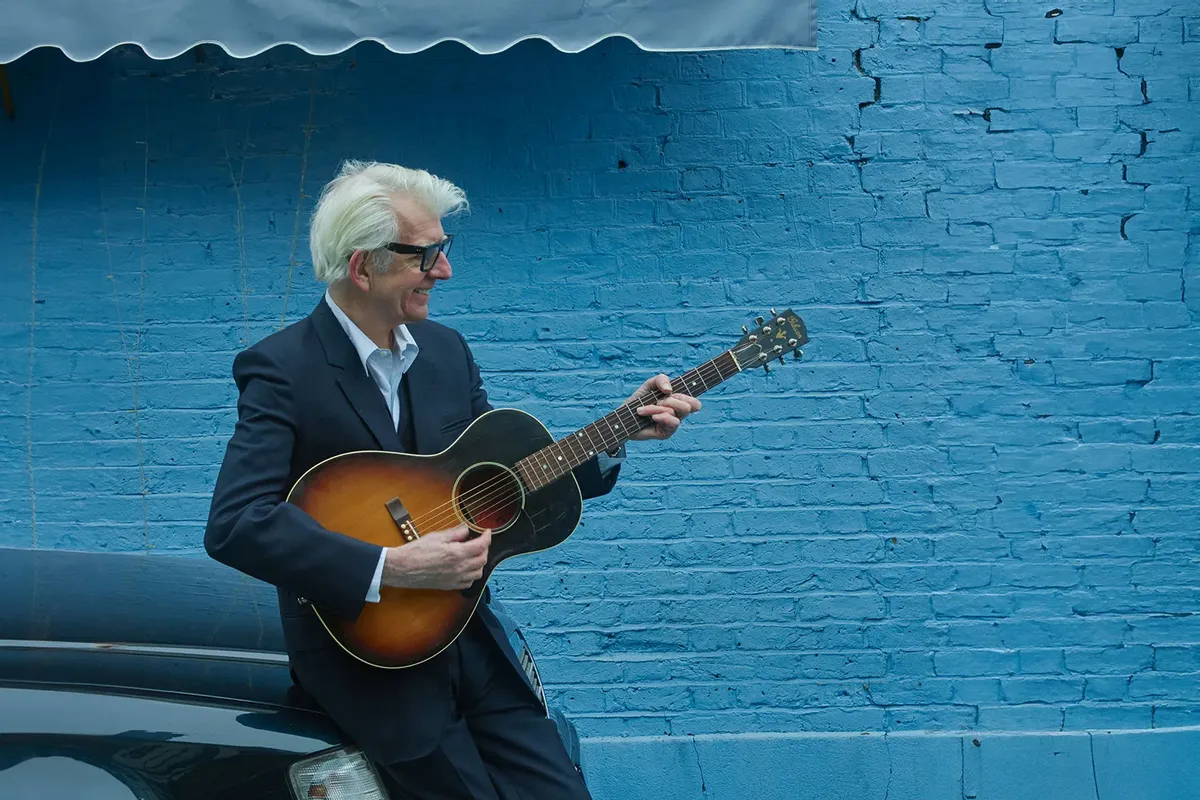It was as if Parisians were determined to put the bad times behind them with parties that would drown out the noise of the past. The bloody labor revolt of 1848 had brought in a Second Republic opposed to most reforms. A presidential election had brought in Louis-Napoleon Bonaparte, nephew of the late Emperor, who, not content to be president, had proclaimed himself emperor in 1851. With him came reforms that knocked down much of Paris for the sake of modernization. And as the 1850s progressed, opera composer Jacques Offenbach partied with the best of them, yet never forgot his purpose.
Thanks to growing royalties, he was prospering, and he threw parties that matched his rising station in life, parties that were the talk of Paris. With Gallic drollness, a crowded soiree in February 1857 celebrated the “imminent end of the world.” Fellow composer Léo Delibes was so caught up in the merriment that he danced a solo polka. A month later, Offenbach threw an elegant ball that featured a theatrical about a child laborer in which Offenbach had the lead role, famed librettist Ludovic Halévy played the part of a page, and the accompanying pianist was up-and-coming composer Georges Bizet. Friday night revels became a routine chez Offenbach.
And after opening night for every Offenbach opera came more gatherings. In the tradition of French royal dinners, they were known as Les soupers de Jacques.
Stay informed on the latest news
Sign up for WPR’s email newsletter.
They were not as frivolous as they seemed, though, because Offenbach was one of those composers who thrived on distraction.
Stimulated by all the chattering and laughter, he would take on a faraway look and begin writing music.
During his customary lunches at the Restaurant Peters, as he enjoyed a cigar, an omelet, a cutlet, and a cup of coffee, he took in the talk of his journalist friends and found it as much a catalyst as the goings-on backstage at the theater.
He had his limits though. When the restaurant management brought in a diversion in the form of a trained bear, Offenbach absented himself from his haunt until the ursine interloper had moved on to another venue.
Wisconsin Public Radio, © Copyright 2024, Board of Regents of the University of Wisconsin System and Wisconsin Educational Communications Board.






